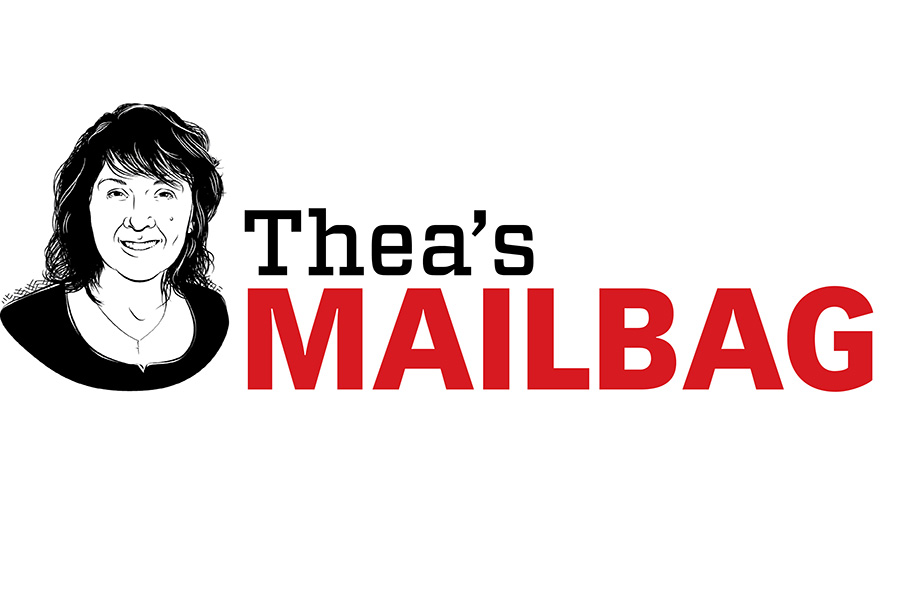Credit guru Thea Dudley has spent more than 30 years in LBM credit management. Now she’s here to answer your credit and collection questions. Got a question for her mailbag? Contact Thea at theadudley@charter.net
Dear Thea,
What does the phrase “30 days” mean to you? I am talking about terms but my customers don’t seem to understand it the same way as I do. I have to explain over and over. Is it really that hard of a concept?
Signed, Head Scratching in Helena
Dear Scratching,
Why yes, it does seem to be that hard of a concept for some folks. Regardless of what the terms are, some customers don’t always see it the same. Whether the term is 30 days, 60 days, 10th prox, 15th prox, EOM, or whatever your flavor du jour is, everyone seems to have a different perspective depending on your side of the fence. Just so everyone is clear, we are talking about what the due date or “terms” are by which an invoice is to be paid.
Here is my definition (and by “my,” I mean most sane, normal-thinking credit managers and accounts payable people everywhere use this definition):
- 30/60 days: Pay this bill within 30 days of the DATE OF THE INVOICE. That does not mean MAIL it on day 30 (or 60, for that matter).
- 10th Prox (or whatever day of the month your company chooses): The bill is due, in house – my house – by that date.
It is pretty simple and straightforward. You and your customer agreed on said terms. The products and/or services they ordered made it there on the agreed date, for the agreed price, and you expect them to get their payment to you on the agreed date. Not a random approximation of said date. Or when they got around to it or when they got back from vacation, found a pen, felt like it or located the cash flow. None of those items are your issue. You had a deal.
Since you have started picking at this wound, let’s just go ahead and finish ripping the Band-Aid off (since this is a wound that never really heals for credit people). If the customer has to pay late, they don’t get to take the discount and yes, there are service charges. Money costs money to lend and carrying them was not part of your cash flow plan. You understand there will occasionally be times payment will be late. A random late payment is not upsetting to anyone. Just tell them to call you, let you know and you can waive the service charge. For me, if a good customer calls and is being a good partner, I will absolutely respond in kind.
A customer who’s notoriously late and taking discount on a consistent basis, while attempting to make you feel lucky and blessed that you got the payment in before the end of the month is not cool nor are they a good partner.
My favorite example for responding to this behavior is to ask your customer this: If we had delivered your product/services in the same manner you are getting me paid in, would you have tolerated it? If I had been late in the delivery – by weeks – and then brought a percentage of the order, because I felt like it, would you have been cool and understanding about it? The answer is always a resounding “NO.”
Did I answer your question? Sorry for the rant; this issue is a hot button for me. Saluté, my dear, and keep preaching!

